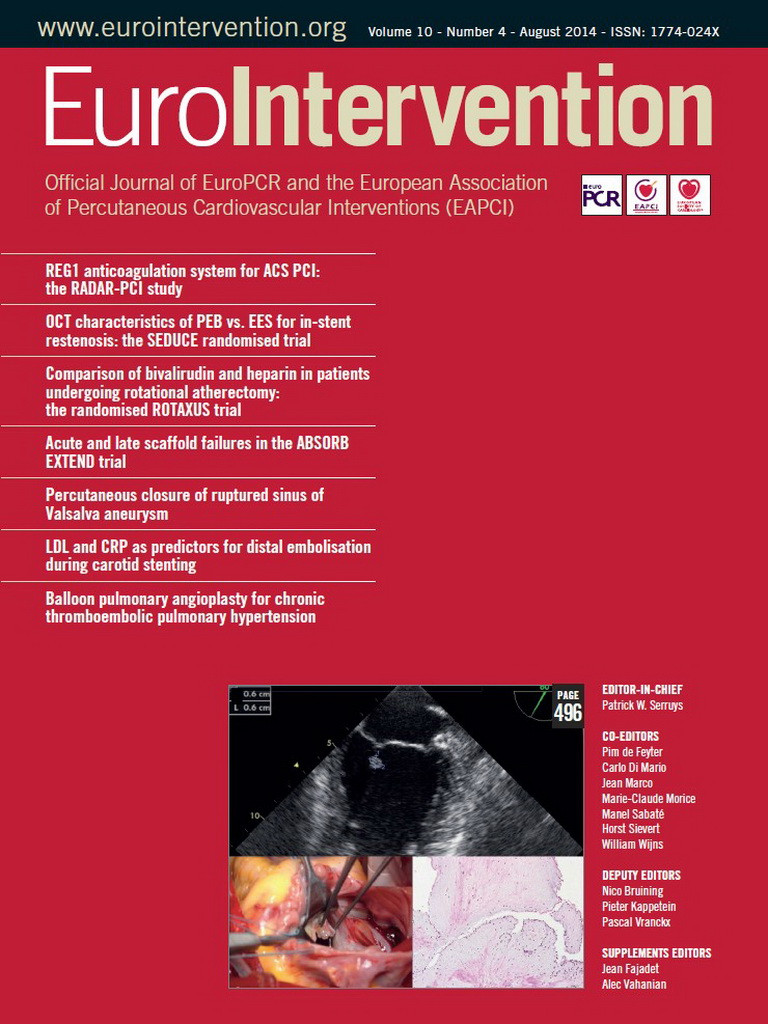The goals of our Association are multiple and to accomplish them the EAPCI counts on the commitment of our active members. These members work at the level of the National Societies and Working Groups, but also internationally within the Association itself and through our various committees.
This edition of EuroIntervention will be released at the time of the annual meeting of the European Society of Cardiology (ESC), taking place this year in Barcelona. For those who will be attending, and for those who have attended in past years, you know that there is an active interventional cardiology presence both in our participation and in the programme of the scientific sessions themselves, in part echoing what took place at EuroPCR in May. Our presence in the programme is due to the close collaboration between our Association and the ESC. Of course, the work of an Association takes place throughout the year, and our dedicated committees are directly involved in continuously shaping the EAPCI and its various activities.
At the core of the different iterations of the programme is the work of the EAPCI Scientific Programme and Congresses Committee. This has been chaired in the past by Marco Roffi (Switzerland) and Giulio Guagliumi (Italy). The new committee will be presided by Jean-Philippe Collet (France) along with his co-chair Christoph Naber (Germany); to ensure a smooth transition over the next year, Giulio Guagliumi (Italy) will take on an active role as past-chair.
With the recent election of Michael Haude as President-Elect of the EAPCI, the chair of the Fellowship Committee, which he led successfully these last few years, is now held by Adam Witkowski of Poland, with Martine Gilard of France acting as the co-chair (the four annual fellowships awarded during EuroPCR 2014 were highlighted in last month’s EAPCI news column). Demand for these fellowships is highly competitive and they are very appreciated by trainees in order to advance their training or research experience. Martine Gilard was formerly the co-chair of the Training & Education Committee, where Lino Goncalves of Portugal remains chair, seconded now by Ramiro Trillo from Spain as co-chair.
The first certificate of excellence in training in interventional cardiology
This year, the Training & Education Committee will be achieving an important milestone by awarding the first certificate of excellence in training in interventional cardiology. This certificate will be delivered during the inaugural ceremony of the 2014 ESC Congress, presented to Marc Hartmann of The Netherlands for having successfully completed the training.
This certificate is linked to the ESCel eLearning platform, which was created several years ago to be an interactive, web-based educational tool accessible throughout Europe and internationally. It offers trainees from the different cardiology subspecialties access to a recognised and high level of practical and professional knowledge and information. Select chapters from the PCR EAPCI Textbook play an important role in this online platform, which is a collaborative project involving the different subspecialty associations, the National Societies and the ESC.
To receive the interventional certificate, an individual must have completed a training programme encompassing seven EAPCI core curriculum topics through 48 educational courses, several full clinical cases and 450 multiple choice questions.
While the certificate has the goal of ensuring a European-wide level of quality and standardisation in training, it has no legal value on a local or national level – that is up to the National Societies and health authorities of each individual country; however, it does provide a benchmark in qualifying the nature and excellence of an individual’s training and education.
For further information see http://learn.escardio.org/percutaneous-interventions/homepage.aspx.
A new committee dedicated to “Scientific Documents”
This column has often focused on newer committees such as “Nurses and Allied Professions in the field of interventional cardiology”, the “Women Committee” or the “New initiatives for young interventionalists”, which is now chaired by Davide Capodanno of Italy, with Maria Radu of Denmark as co-chair. Today, we are pleased to announce the creation of the “Scientific Documents” committee to be chaired by Marco Valgimigli of Italy and Robert Byrne of Germany. This committee is dedicated to pinpointing areas of critical interest for the Association and assisting in the elaboration of scientific documents on those topics that the EAPCI considers essential for its members. These documents include guidelines and consensus papers focusing on emerging issues and established protocols, as well as on the impact of evidenced-based medicine on interventional cardiology.
As this work often involves other specialities, the Scientific Documents committee will also help coordinate the work between different groups, aiding in the development of joint publication of these scientific papers. It can act as a liaison between the EAPCI and the different players in the creation of these critical documents, such as the ESC and the European Heart Journal, other associations of the ESC or EACTS.
While the work of this committee is just beginning –the first fruits of its labour still months away– I would like to mention several current documents, similar to the ones this committee will be working on, which will be jointly published by EuroIntervention in the near future. EuroIntervention, along with the European Heart Journal and EACTS, will be jointly publishing the ESC Guidelines for Myocardial Revascularisation. This journal, along with EuroPACE, will also jointly publish the Left Atrial Appendage Consensus document and, again with EuroPACE, the consensus paper on the treatment of cardiac arrhythmias. These documents are important references for our members and, by working together with the other organisations and publications, we can ensure that they have the greatest impact on our profession.
As an association, the EAPCI is fortunate to have the commitment of so many talented individuals willing to take on the responsibilities that these committees entail. It is with this joint effort that we can all continue to promote the education of our future and present specialists and ensure the highest quality of care for our patients.
EAPCI Executive Board (May 2014-May 2016)
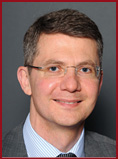
Stephan Windecker, President
Switzerland
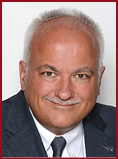
Michael Haude, President-Elect
Germany
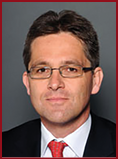
Andreas Baumbach, Secretary
United Kingdom
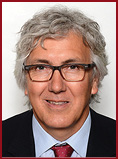
Javier Escaned,Treasurer
Spain
